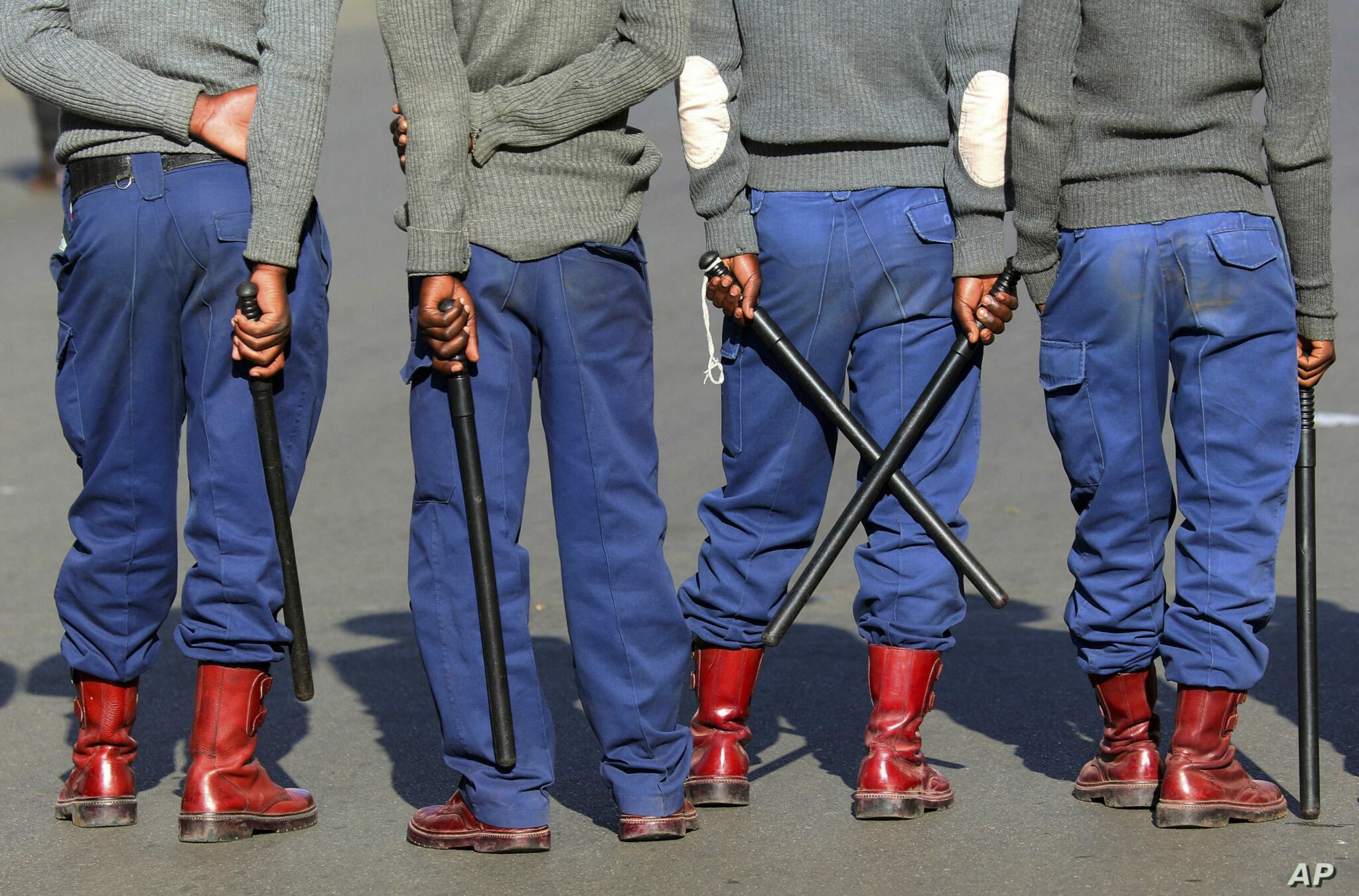A Bulawayo High Court Judge has issued a ruling directing the eviction of Bulawayo businessman and National University of Science and Technology (NUST) lecturer Dumisani Madzivanyati from the hotly contested Kershelmar farms in Nyamandlovu. Siphosami Malunga, who is the son of late nationalist Sydney Malunga and Open Society Initiative for Southern Africa (OSISA) director, co-owns […]
Tag: OSISA executive director Sipho Malunga
Posted inNews
‘Gukurahundi was a genocide’
Posted inNews
I will not be silenced: Malunga
Posted inNews







